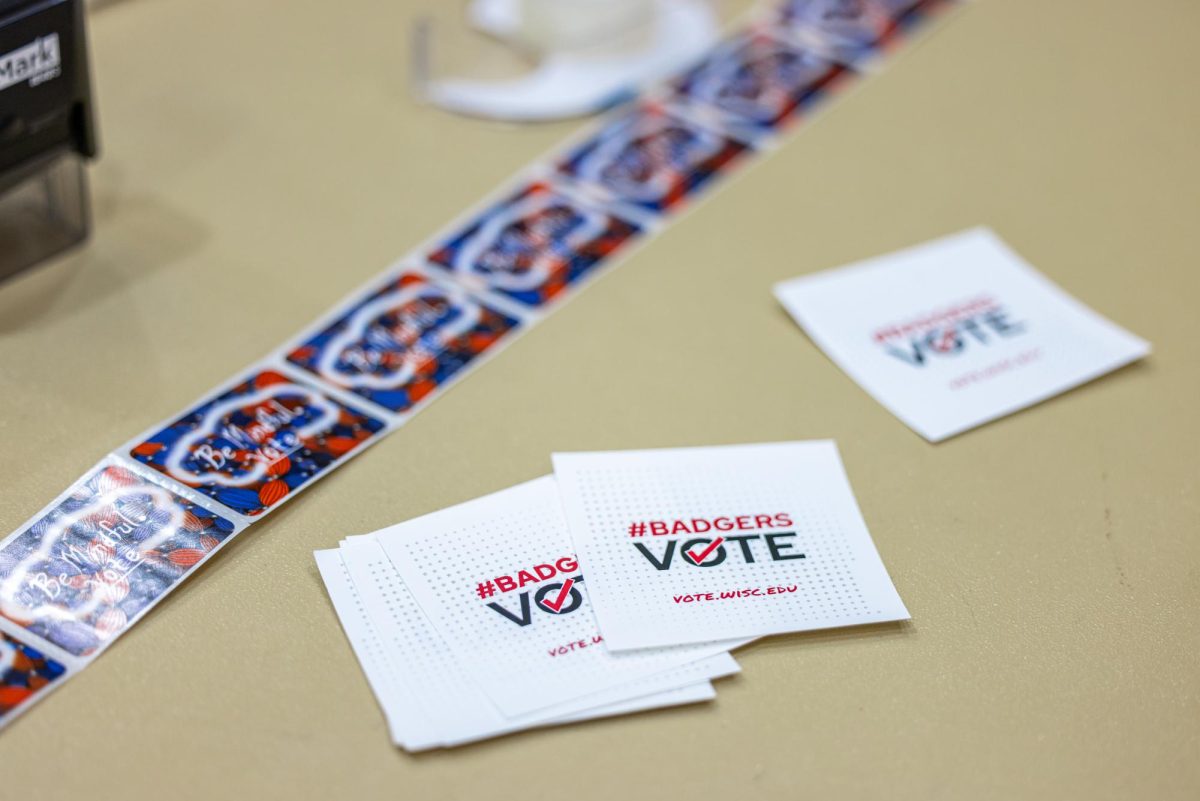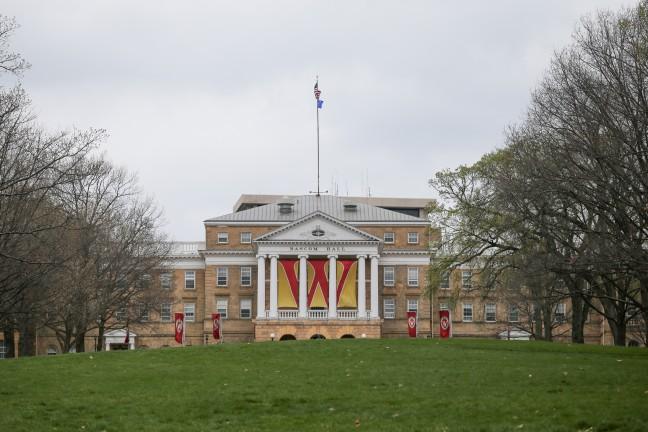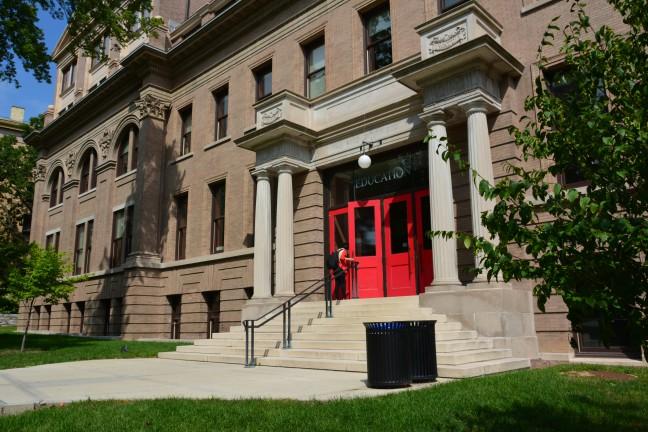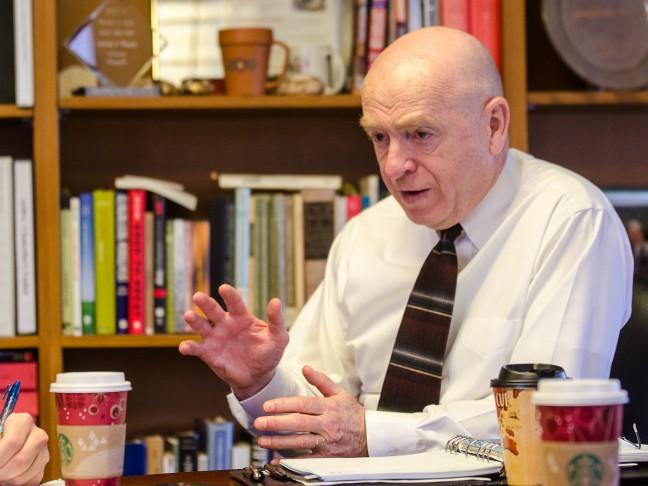Transferring between University of Wisconsin System campuses and the Wisconsin Technical College System will be easier under a new credit transfer agreement that both systems agreed to Friday.
UW System President Ray Cross and WTCS President Morna Foy agreed on 48 core credits that students can transfer between campuses — an agreement spurred by the state’s last biennial budget that asked both systems to find the set of credits.
“Building on the hundreds of existing articulation agreements between the UW System and the WCTS, along with the innovative Transfer Information System, this agreement is another step in our joint efforts to make post-secondary education accessible for more students, facilitating their progress to becoming successful contributors to the Wisconsin economy,” Cross said.
The agreement came as the UW System Board of Regents approved a dual enrollment program, allowing Wisconsin high school students to take UW courses taught by qualified teachers at their schools for free.
The UW System would pay for the tuition of participating high school students for the 2014-2015 school year from the system’s reserve funds, although long-term funding sources are still unclear.
Other actions the regents took include boosting undergraduate research opportunities through a Research Block Grant program and a Regent Scholar program focused on entrepreneurship.
The regents also signed off on a three-year collaborative training agreement between UW-Madison and Nestle’s Chinese subsidiary that is expected to bring $1.7 million to UW-Madison for helping with training and curriculum at a dairy farming institute in China.
Also, the regents approved $7,853,718 in 2014-2015 funding to UW-Madison’s William F. Vilas Trust for support of scholarships, professorships, fellowships and other programs.
The regents also discussed changes to the UW System’s remedial education policy, and whether the UW System is the right place for unprepared students to get remedial education.
Regent Tim Higgins, for example, said only 25 percent of remedial students complete the 30 remedial credits that put them on the same level as non-remedial students. That sets up unprepared students to fail, leaving them with student loan debt and without a degree, he said.
“Why would those students be drawn into our university system with so little chance of success?” Regent Tim Higgins said.
Regent Jose Vasquez said it is to the benefit of the state to have a growing number of degree-holding citizens, and programs to assist remedial students do not have the effect of “watering down” the system.



















